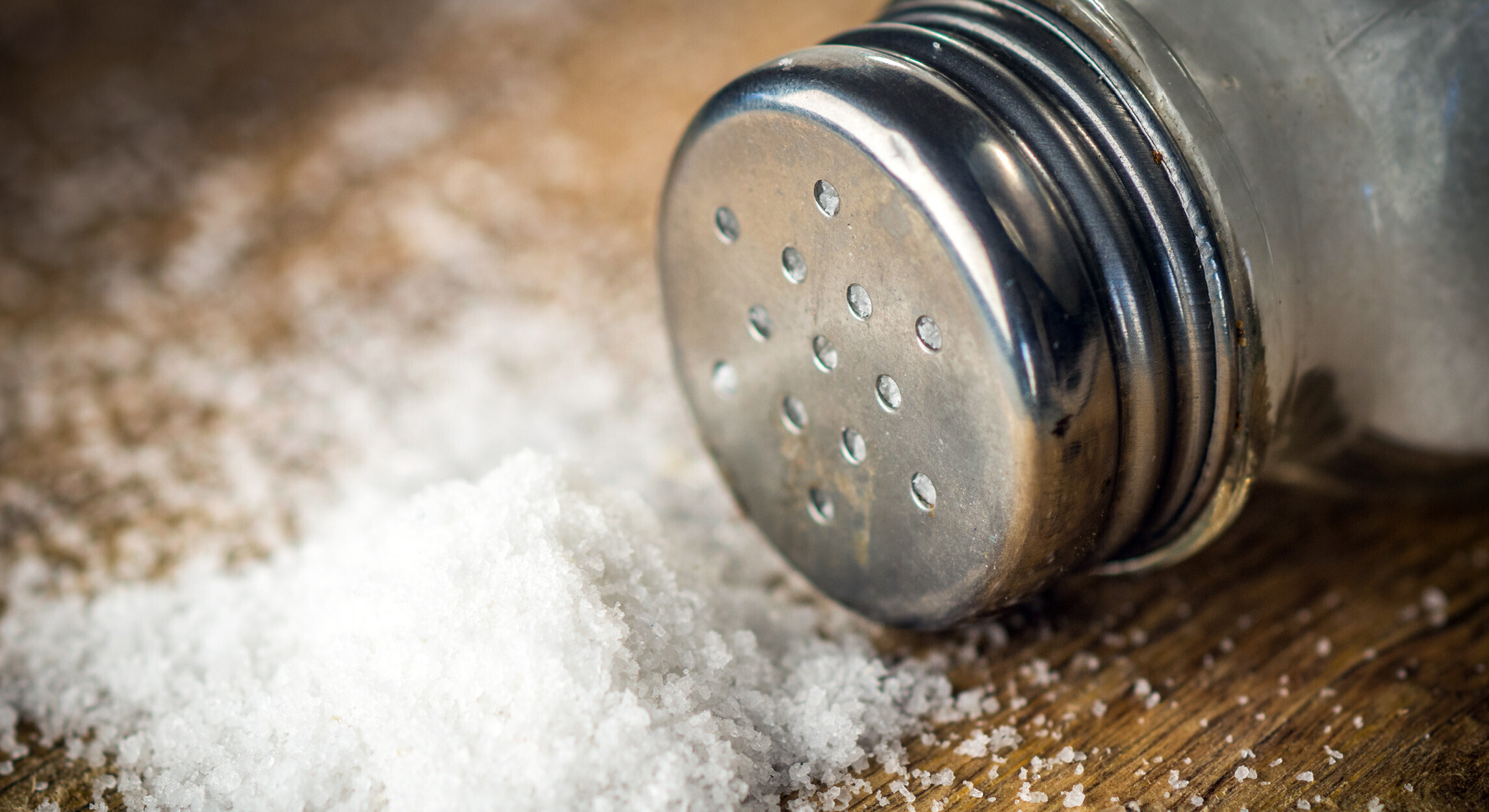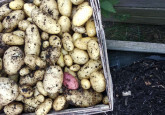In the world of nutrition, we often hear about sugar addiction, but what about salt? Salt addiction is a complex and multifaceted subject that affects many people around the world. Although the term 'addiction' may sound strong, it reflects the difficulty some people have in reducing their salt intake despite the known health risks. In this article, we explore the mechanisms behind salt addiction, its effects on health and strategies for overcoming it.
Salt addiction, an acquired reflex:
Salt, or sodium chloride, is an essential element in the human diet, needed to maintain water balance and nerve function. However, in modern societies, salt consumption often exceeds public health recommendations. This over-consumption can lead to habituation, where the palate becomes accustomed to high levels of salt and comes to prefer them.
The brain and food addictions:
Studies have shown that salt stimulates the same areas of the brain responsible for pleasure and reward as sugar, which can encourage excessive consumption. While excessive sugar consumption is associated with weight problems, diabetes and cardiovascular disease, high salt consumption is also associated with a variety of health problems, including high blood pressure, cardiovascular disease, osteoporosis and kidney problems. Too much salt can lead to water retention. It's crucial to maintain a balance and promote a varied diet.
The hidden sources of salt and sugar:
The problem with salt and sugar often lies in processed foods. In supermarkets, it's often tempting to choose ready-made meals, snacks or even ready-made sauces to save time. Unfortunately, very often the chains specialising in these areas tend to add larger quantities of salt or sugar to make their dishes or products taste better. These preparations or dishes, which contain large and sometimes hidden quantities of salt or sugar, then become addictive. It's essential to read labels carefully to monitor your consumption and make the right choices.
How can salt addiction be reduced?
For those looking to reduce their salt intake, there are several strategies that can help. The first is home cooking. There's nothing like cooking your own food to control the amount of salt added to it. Secondly, it's entirely possible to choose alternatives to spice up your dishes and avoid using salt all the time. These alternatives can include herbs and spices such as thyme, basil, paprika or turmeric, which can give your dishes a stronger flavour, or saffron, which is widely used in Indian cuisine in particular, and which can also give a unique flavour to your dishes. Our well-being range includes a liquid saffron extract containing less than 1g of salt per 100g, perfect for adding to rice, sauces, etc.
Another very interesting alternative is citrus fruit. Lemon or orange juice can add a tangy, fresh touch to your dishes. Their flavours can replace salt, while providing an extra source of vitamin C and antioxidants. Salt-free spice blends, garlic and onions also add a robust flavour to your dishes. By using them fresh, dried or in powder form, you can reduce your need for salt while benefiting from their nutritional properties. Less commonly, you can also add nuts & seeds to your preparations. Incorporating nuts such as almonds, cashews or seeds such as sesame seeds can add crunch and a naturally salty flavour to your preparations. You can also use flavoured vinegars such as balsamic or lemon vinegars to add acidity to your dishes. Finally, it's worth remembering the vital role of hydration: drinking enough water can help reduce salt cravings.
In conclusion:
Although sugar addiction is often mentioned, salt can also be a source of addiction in our eating habits. The key is moderation, awareness of hidden sources and choosing a balanced diet. A good balance between sweet and salty can make our culinary experiences even more delicious!










